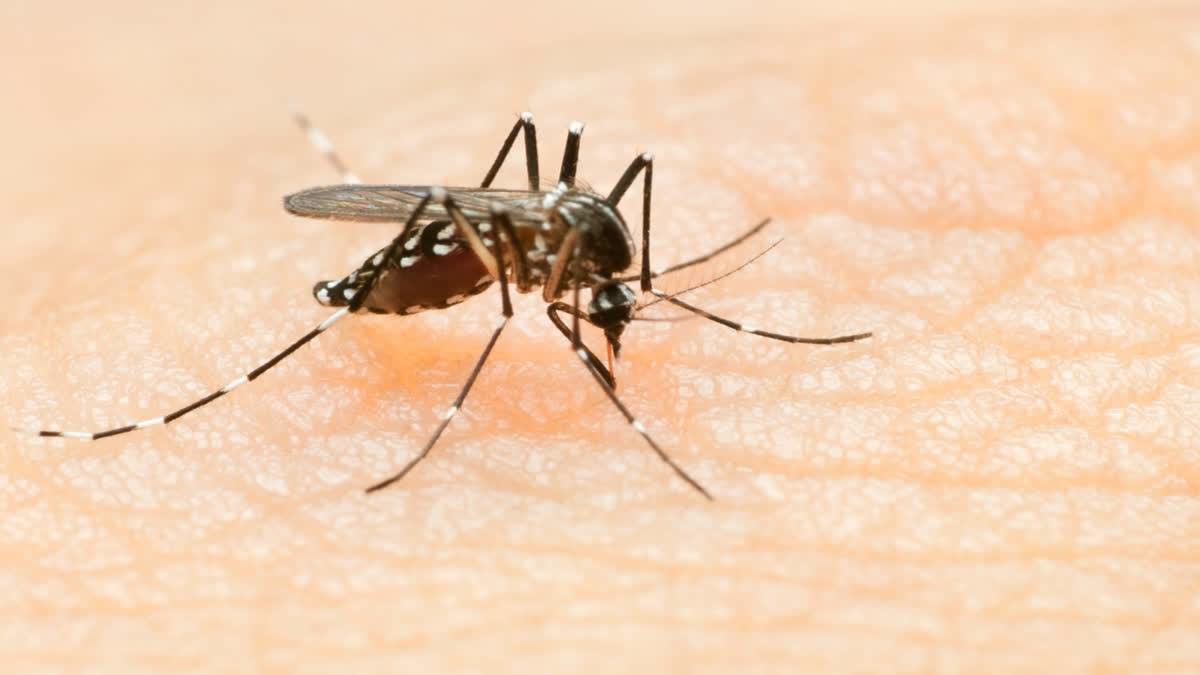Hyderabad: A rise in dengue fever cases across Greater Hyderabad region has triggered a major concern among residents and healthcare professionals.
Amid the rains, stagnant water in potholes have become mosquito breeding grounds, resulting in a spike in dengue cases. This year, more than 600 dengue cases have already been reported across the Greater Hyderabad area, which includes the districts of Hyderabad, Rangareddy, Medchal-Malkajigiri, and Sangareddy
Platelet drop leading to emergency hospitalisation
One of the most alarming symptoms of dengue fever is the sudden drop in platelet-count, which has led to numerous hospitalisation. In Secunderabad, three to four out of every 10 patients admitted with fever are found to be suffering from dengue. Many of these patients have not only recorded a significant decrease in platelets but are also facing numerous health complications, affecting the liver and kidneys.
This apart, doctors have also observed an increase in cases of Ganya fever, another mosquito-borne illness, causing fever and severe joint pains.
Expert's advice
Dr Shivraj, senior physician at KIMS, emphasised on the importance of early detection and treatment of dengue fever. He said that a dip in platelets can be concerning but unnecessary platelet transfusions should be avoided unless required as it can trigger other health complications.
He advised patients to monitor their platelet-count and blood pressure even after the fever subsides. Urgent medical attention should be sought if symptoms like bleeding, liver or kidney problems, a sudden decrease in blood pressure, vomiting, stomach pain, or severe lethargy is witnessed because these can lead to serious complications including brain hemorrhage.
Steps for dengue management:
NS1 Antigen test: Dengue should be diagnosed and treated promptly if symptoms are detected. If fever persists beyond five days, an IgM antibody test is recommended for a conclusive diagnosis.
Symptoms to watch for: Dengue symptoms usually appear 4-5 days after a tiger mosquito bite and cause high fever (102 degrees), pain behind the eyes, painful stools and red rash. One should seek immediate medical advice after the symptoms are seen.
Preventive measures: Regular intake of fluids like coconut water and buttermilk is recommended, especially if viral infection symptoms like high fever, headache and sore throat are seen.
Overall, people have been asked to remain vigilant, take preventive measures to avoid mosquito bites and seek timely medical help to manage the illness effectively, doctors said.
Read more
India Witnessing Spike In Dengue Cases, Says Health Ministry



